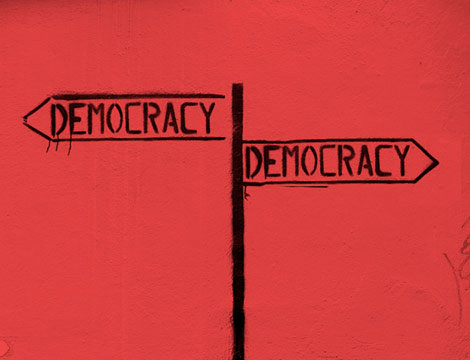
This article was originally published by IPI Global Observatory on 2 August 2017.
The European Union has threatened to sanction Poland unless it drops legal reforms that undermine the independence of its judiciary. The Polish legislation mirrors earlier changes in Hungary, leading many analysts to draw parallels between the broader challenges to liberal democracy by the two regimes.
There are certainly similarities between the goals and rhetoric of Fidesz, the ruling party in Hungary since 2010, and PiS (Law and Justice), in power in Poland since 2015. Both appear to be following the same template: First, target the highest courts and the judiciary, then restrict the independence of the media and civil society, and finally transform the constitutional framework and electoral laws in ways that enshrine their hold on power. Viktor Orban of Fidesz and Jaroslaw Kaczynski of PiS share the same goals, have had lengthy meetings together, and have repeatedly vowed to protect each other from potential EU sanctions.

